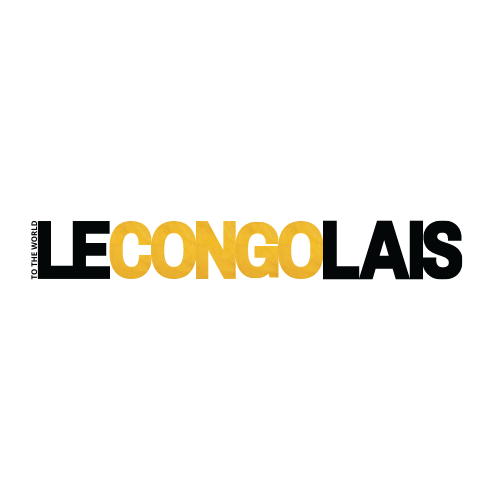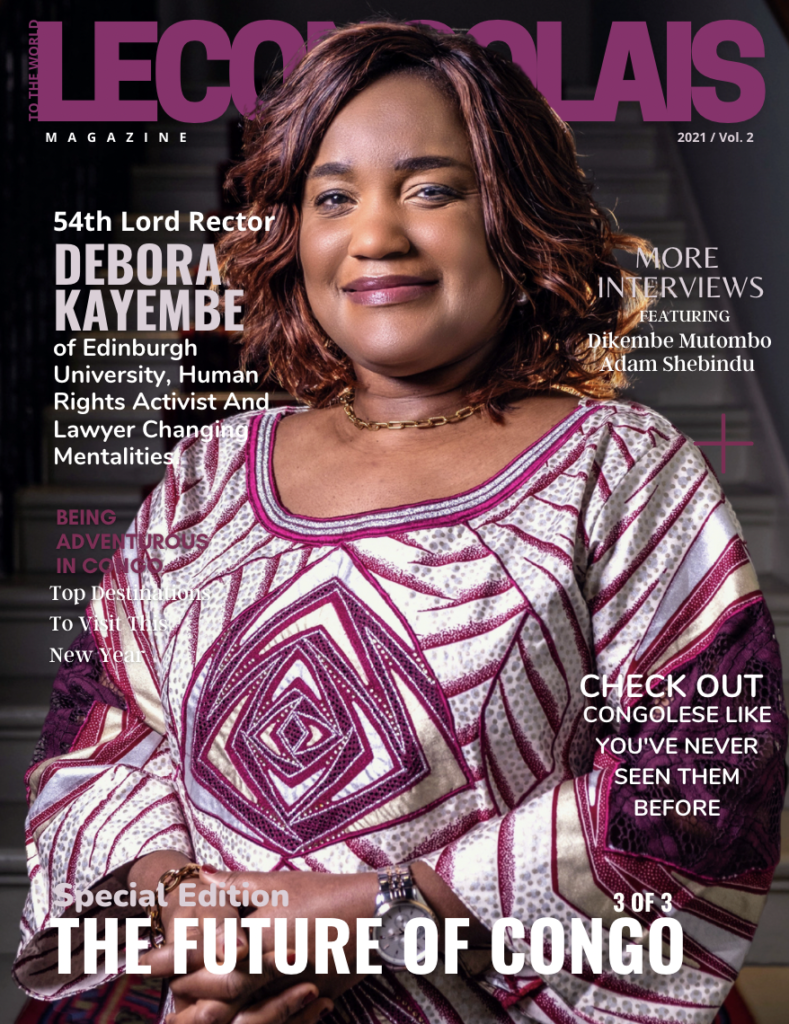BY EDITORIAL
March 4, 2021

Meet the woman who has decided to prove everyone wrong about Kinshasa’s agricultural potential, bringing coffee to its plantations.
Coffee is the second most traded commodity in the world. Second only to crude oil and followed by cotton, wheat, corn, sugar, silver, copper, gold, and natural gas. Cultivated in over 70 countries by thousands of independent farmers, coffee is one of the oldest commodities in the world.
Although most of DRCongo’s coffee is exported, coffee remains one of the on-demand commodities as more people now consume it, especially in offices and other high class public places.
About 11,000 coffee farmers in the country produce two main varieties of coffee, Robusta and Arabica. Both varieties come from plant that originate in Africa. Arabica is the world’s most popular coffee type, equating to over 60% of cups drank while Robusta is notorious for its bitter taste and is used primarily in instant coffee, espresso, and as a filler in certain blends of ground coffee.
While coffee is consumed in every part of the country, growing the commodity is specific to certain areas. Coffee is usually grown in provinces situated around the lake Kivu. But it has always been a common belief that coffee cannot grow in Kinshasa. The reason for this is unknown however, one may assume that Kinshasa probably doesn’t have the optimal growing conditions for coffee.
Coffee’s optimal growing conditions are cool-ish temperatures (~20 degrees) and high altitude (1000-2000 meters above sea level). And in addition to soil type and content, factors such as slope angle (15% is optimal), good water supply and altitude exert strong influence on the success of coffee growth.
The young entrepreneur did not let all this stop her.

Growing The First Coffee In Kinshasa
Tisya Mukuna, CEO of La Boite, is the founder of Café La Kinoise, the first coffee grown and produced in Kinshasa.
The entrepreneur started this journey simply to test the theory affirming that coffee could not grow in Kinshasa.
In fact, she tested the theory and proved everyone wrong as today her coffee is 100% made in DRCongo in the county of Mont Ngafula (in Kinshasa). The particularity of the coffee is in its unique taste mostly due to the soil, the climate, as well as the altitude in which it’s grown.
Despite the difficulties associated to the ecosystem where the coffee grows, Tisya is determined to make her business venture a success by continuing to build her team and ensuring a good coffee production.










Leave a Reply
You must be logged in to post a comment.